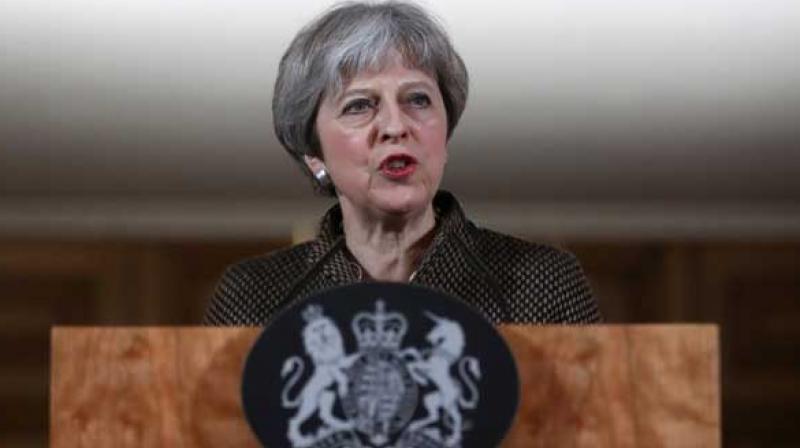Can Irish Good Friday pact be a model to resolve other conflicts?

IT was an illuminating discussion between different factions from across the Irish fault lines at Yale University last month, which may hold useful lessons for warring sides elsewhere. The charged debate — including between those whose politics once accepted the killing of each other as legitimate — was markedly civil.
Can the Afghan Taliban sit across the table with the current rulers in Kabul, I wondered. The mind travelled also to Kashmiris; Sikhs fighting for “Khalistan”; the Maoists and their state-backed detractors in Chhattisgarh; the decades-old rebellion in India’s Northeast; Muslim extremists in Pakistan and elsewhere. I also thought of Patrice Lumumba’s fratricidal Congo. The complex skein of the Middle East conflict came to mind with Iran, Israel, Saudi Arabia and Palestine caught in a perennially haemorrhaging bind.
I met former US Senator George Mitchell at the conference, the man who crafted the Good Friday Agreement. The agreement largely halted (if not completely ended) decades of bloodletting between Irish partisans 20 years ago. I asked Mr Mitchell whether the Kashmir conflict could be similarly resolved with the help of neutral benefactors.
He would love to consider that, but India does not agree to third-party intervention. I said India’s post-independence history is littered with useful foreign interventions, mostly overtly.
The 1965 India-Pakistan war ended in an agreement in Tashkent, not without the active help of the Soviet Union; and the 1971 India-Pakistan conflict would have been a different story without the defence treaty Indira Gandhi had signed with Moscow.
More recently, the Kargil spiral was tamed with the active help of United States President Bill Clinton. Should anyone see it as an exaggerated claim, they could study the speech the former US President delivered to India’s Parliament. He claimed credit for ending the military campaign, while Indian MPs applauded. The Indus Waters Treaty works because it stands mediated by the World Bank. That’s a whole lot more third-party interventions than the Irish conflict provisioned for.
What struck me at the Yale meet was the civility, as distinct from overburdened cordiality, with which leading representatives in the equation interacted and sought to address each other’s concerns. And the trigger for the gathering was the looming shadow of Brexit, which could undo much of the hard-earned achievements of Senator Mitchell and other noble souls.
Obviously, the Good Friday Agreement cannot be a role model for other global conflicts to find a resolution.
However, it provides, in my view, a significant precedent for how seemingly intractable standoffs could be resolved with a little support and encouragement from outsiders.
Currently, the Irish issue is going through a tense patch, and not all of it has to do with Brexit.
In fact, Sinn Féin chairperson Declan Kearney says that the strange alliance between Northern Ireland’s Democratic Unionist Party (DUP) and Britain’s Conservative Party could be jeopardising the 20-year-old peace process.
Mr Kearney made the comments ahead of his discussion at Yale University. The South Antrim MLA from Northern Ireland called on the UK and Irish governments to begin preparations for an Irish unity referendum.
Theresa May’s government last week survived a no-confidence vote with the DUP’s 10 MPs. Mr Kearney believes that Brexit had brought the issue of Irish unity into focus.
By arrangement with Dawn

